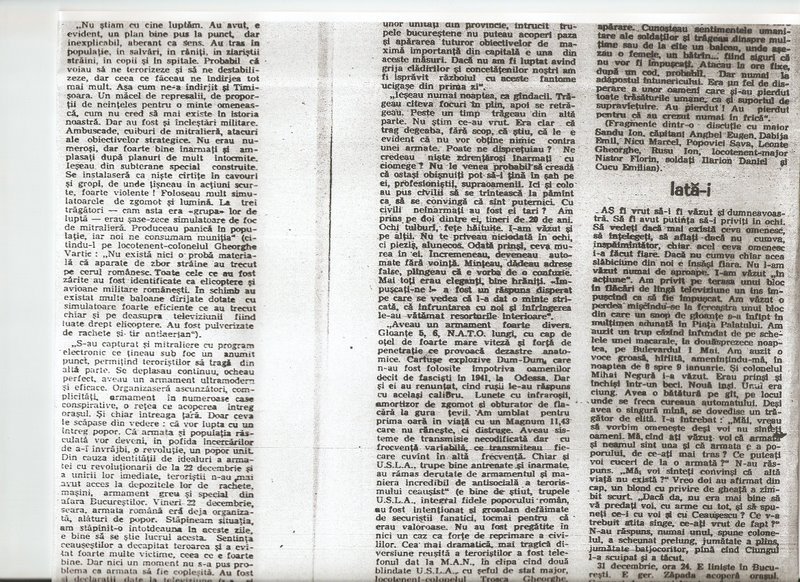

President participated in the event in order to show his solidarity with the protesters and announced to reporters that 'a gang of politicians who have problems with the law want to change the legislation and weaken the state of law, and this is inadmissible. Protesters in front of the, on 22 January 2017Following a mobilisation on social media after the initial protest, over 30,000 people protested on 22 January in Bucharest. He further announced that the prime minister assured him that these ordinances would not be passed without a transparent process, which included consulting with the relevant judicial institutions, as well as the public.Soon after the government meeting, the published the bills on its website and sent them to the relevant judicial institutions for consultations. After a private meeting between the president, the prime minister and the justice minister, the government meeting was convened and presided over by the president together with the prime minister.ĭespite the prime minister's initial attempt to block the press' attendance and subsequent avoidance of the subject, the president announced to the media that there were two bills regarding the pardoning of crimes and the amendment of the. Since the government did not publish the government meeting's agenda for that day, the, took it upon himself to attend and preside over the meeting, as envisioned by Article 87 of the. Contents.Background Although the government of Prime Minister repeatedly denied that there were bills regarding the pardoning and amnesty of committed crimes, there were strong rumours in the media that the government intended to pass such bills on 18 January 2017, mere days after the government was sworn in. The 10 August 2018 protest was marked by unprecedented levels of violence in comparison to the other 2017–2018 protests, and lead to an ongoing resurgence of mass protests in Romania.So far, protestors have succeeded in compelling the government in 2017 to withdraw the contested ordinance and, who as justice minister was formally responsible for putting forward the ordinance, resigned shortly thereafter over the scandal that ensued.

While protests on a smaller scale continued to happen almost daily, mass protests then erupted again on 10 August 2018, when an anti-government protest with the 'Diaspora at Home' motto was held in Bucharest.
Enciclopedia sefilor de stat si de guvern ai romaniei pdf code#
Opponents raised accusations that the ordinance was intended for decriminalisation of government corruption, and to help hundreds of current and former politicians to escape ongoing criminal investigations or prison sentences.Immediately after it was announced that the ordinance was passed, more thanpeople protested that night.Īfter the winter of 2017, the next mass protest was on 20 January 2018, when 50,000 – 100,000 Romanians went to the streets to protest against proposed changes to the penal code and to the justice system laws. In January 2017, days after the government of the was sworn into office in, protests took place throughout the country against ordinance bills that were proposed by the Romanian regarding the of certain committed crimes, and the amendment of the (especially regarding the ).Despite the negative reactions from both the judicial institutions and the public, the newly sworn-in secretly approved an ordinance modifying the Penal Code and Penal Procedure Code during the night of 31 January.


Resignation of Minister of Justice (8 February 2017)Number. Withdrawal of the decrees that started the protests (5 February 2017).


 0 kommentar(er)
0 kommentar(er)
